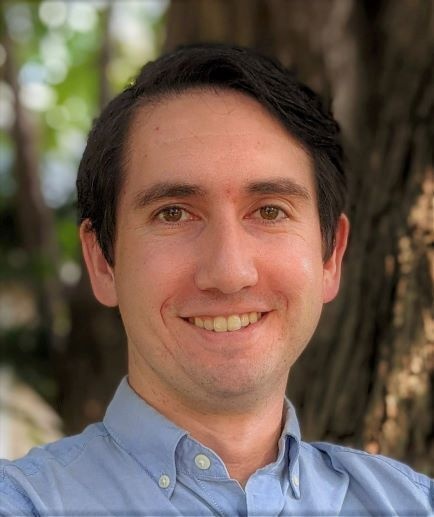
CANCELED - McGovern Institute Special Seminar; Andrew Lutas
Description
Title:
Amygdala projections to the pons promote motor programs of ingestion
Speaker
Andrew Lutas, PhD
Stadtman Investigator
Diabetes, Endocrinology, and Obesity Branch,
National Institute of Diabetes and Digestive and Kidney Diseases,
National Institutes of Health,
Abstract
Overconsumption of energy-dense, palatable food leads to obesity. We investigated neural circuit mechanisms that allow for the overconsumption of food despite visceral satiety signals. Hypothalamic and amygdala inhibitory circuits targeting the hindbrain can drive motor programs of ingestion. Here we focused on a projection from the central nucleus of the amygdala (CeA) to the pons region of the hindbrain, where CeA targets the parabrachial nucleus (PBN) that relays visceral sensory signals as well as the nearby premotor circuits that control orofacial behaviors. Using fiber photometry and two-photon microscopy, we recorded the activity of CeA GABAergic axons within the pons. These axons were highly active during bouts of ingestion, with activity levels correlated to the duration of each bout and did not dependent on physiological state or palatability, suggesting that this pathway modulates consummatory behaviors. Optogenetic activation of CeA to pons axons in head-fixed animals triggered distinct orofacial motor behaviors, including licking and biting, as well as excessive drinking of any available liquid, regardless of palatability. In freely moving, ad libitum-fed mice, photostimulation induced biting, chewing, and swallowing which led to overconsumption of food when the stimulation occurred nearby, but not away from, food. Recordings of dopaminergic input to the CeA suggest a role for dopamine in modulating these consumption-correlated neural activity. Together, these findings support a model that CeAàPons photostimulation enables a state of orofacial behavioral disinhibition that remains controlled by external and internal contextual cues.
Bio
Dr. Lutas is a Stadtman tenure-track investigator at NIH since 2022 where he is a member of the Diabetes, Endocrinology, and Obesity Branch and the acting chief of the Neuromodulation and Motivation Section. He received his PhD in Neurobiology from Harvard University, conducting his research with Dr. Gary Yellen. There he investigated the regulation of ion channels and neuronal excitability by cellular metabolism and found that the sodium leak channel NaLCN is regulated by glycolysis to control intrinsic spontaneous firing rates. For his postdoc research, he joined Dr. Mark Anderman at Beth Israel Deaconess Medical Center where he focused on amygdala cellular and circuit mechanisms for associative learning finding a role for unsigned dopamine signaling in learning salience. In the process, he helped develop new optical and behavioral approaches to study G Protein-Coupled Receptor signaling via the cAMP pathway. His lab at NIH now uses these molecular and system neuroscience tools to study amygdala and hindbrain circuits controlling ingestion.

